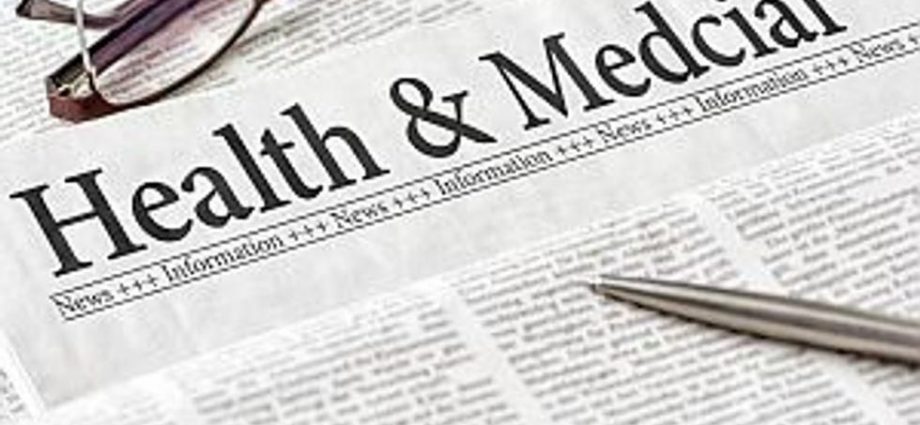WEDNESDAY, March 16, 2022 (HealthDay News) — Homeopathy’s effectiveness may be significantly overestimated because most research supporting this form of complementary medicine is of poor quality, according to a new analysis.
Homeopathy is a popular alternative to conventional medicine in many developed countries, including the United States, but remains highly controversial.
This new paper found that many clinical trials involving homeopathy haven’t been registered, the main outcome was changed in a quarter of those that have been published, and many of the trials remain unpublished.
Those issues indicate “a concerning lack of scientific and ethical standards in the field of homeopathy and a high risk for reporting bias,” study co-author Gerald Gartlehner and colleagues wrote in the study.
Gartlehner is with the department for evidence-based medicine and evaluation at Danube University in Krems, Austria.
He and his team sought to learn if the published clinical trials might not represent all the scientific studies on homeopathy, but a select few reporting only positive results. That’s what’s meant by reporting bias.
The team searched major international registries for homeopathy clinical trials registered up to April 2019. Then then searched research databases to track publication of these trials up to April 2021.
Since 2002, nearly 38% of registered homeopathy trials remain unpublished, while 53% of published randomized controlled trials haven’t been registered, they found. In all, 30% of randomized controlled trials published during the past five years haven’t been registered.
The findings “indicate that journals publishing homeopathy trials do not adhere to policies by the [International Committee of Medical Journal Editors], which demand that only registered [randomized controlled trials] should be published,” the researchers wrote. The study is published online March 15 in the journal BMJ Evidence Based Medicine.
The researchers also found that homeopathy trials were more likely to be registered after they had started than before they had started, and that 25% of published primary outcomes weren’t the same as those originally registered.
Unregistered trials tended to report greater effectiveness of homeopathy than unregistered trials, according to the study.
These poor research practices likely affect “the validity of the body of evidence of homeopathic literature and may substantially overestimate the true treatment effect of homeopathic remedies,” the authors said in a journal news release.
More information
The U.S. Food and Drug Administration offers safety tips on homeopathic products.
SOURCE: BMJ Evidence Based Medicine, news release, March 15, 2022
Copyright © 2026 HealthDay. All rights reserved.

